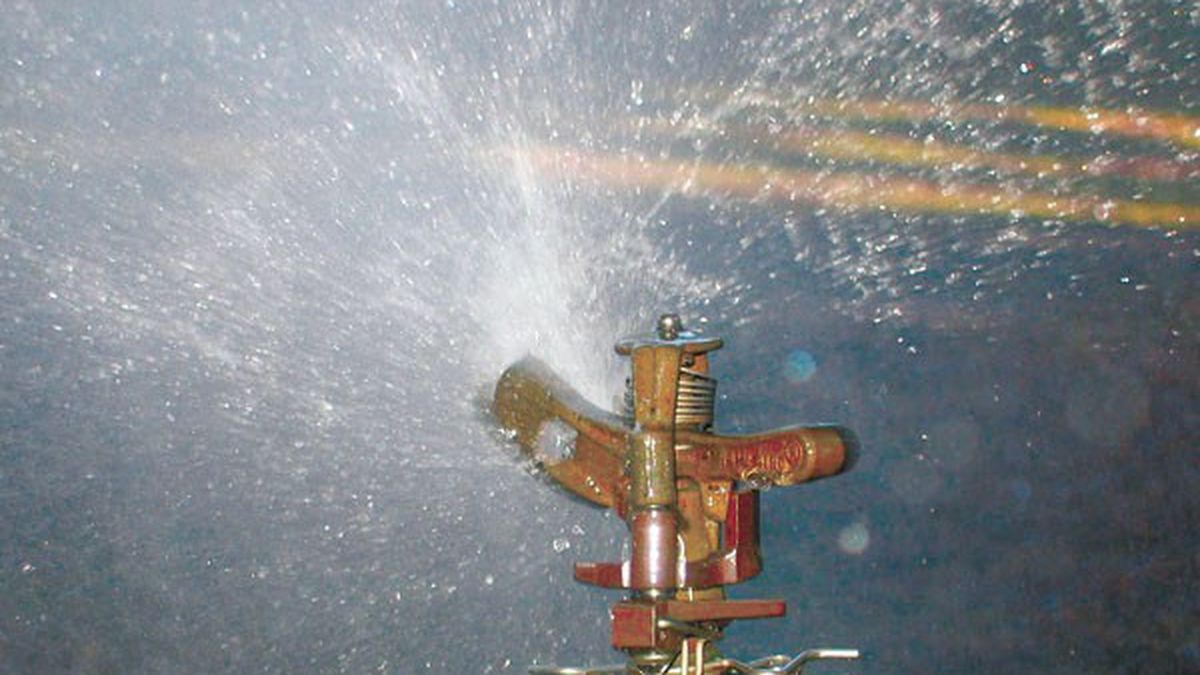Water agencies like to tout themselves as stewards of the
environment. The East Bay Municipal Utility District is no exception.
The Oakland-based agency brags about its eco-friendly programs, from
water recycling to turning bio-waste into clean energy. But in reality,
East Bay MUD most often views itself as a business whose primary
mission is to take care of its best customers, i.e., its biggest water
users. So it should come as no surprise that the agency has refused a
request by this newspaper to reveal the identities of its largest water
users and how much water they consume. Never mind that many of these
residents and businesses have likely wasted huge amounts of water
during the drought, while putting the agency on a path toward building
a new dam on the scenic Mokelumne River. According to East Bay MUD, its
customers’ right to privacy is paramount.
The agency denied a similar request by the Oakland Tribune in
the early 1990s during the last drought. The Tribune then sued
under the California Public Records Act and won. An Alameda County
judge ruled in 1991 that the public’s right to know who was wasting
water in a drought outweighed the water wasters’ privacy rights.
According to news reports from the time, the lawsuit revealed that the
largest water users consumed a whopping 4,000 gallons of water a day
and most of them lived in the Danville-Alamo area.
But then in 1997, the legislature amended the state
records law, allowing certain agencies to restrict the release of such
records. The move came in response to the murder of a woman whose
assailant found her address in Department of Motor Vehicle records. The
amendment states that public utilities such as East Bay MUD can keep
the names and addresses of its customers private if they wish. But the
amendment also states that public utilities are free to release such
records if they determine that “the public interest in disclosure of
the information clearly outweighs the public interest in
nondisclosure.”
In this case, the Express is not asking for the names and
addresses of all of East Bay MUD’s 1.3 million customers, but only of
the agency’s 100 biggest water users by category, including
single-family homes and multi-family residences. The paper believes the
public has a right to know who is guzzling water in a drought, and is
not interested in the agency’s entire database. But in denying the
request, East Bay MUD official Rischa Cole cited the murder case and
indicated that the agency was concerned about the safety of its largest
water users should their names become public. When asked whether the
agency believed that environmentalists or dam opponents posed a threat
to these users, Cole declined to answer.
When told of the agency’s response, some environmentalists and
opponents of the planned Mokelumne River dam said the idea that they
would harm large water users was laughable. “That’s kind of out there,
isn’t it?” said Pete Bell of the Foothill Conservancy, a nonprofit
dedicated to protecting the Mokelumne in the Sierra Foothills. “Are we
going to go protest in front of a large water user?” Bell added. “I
seriously doubt it. I’ve got better and more productive things to do
with my time.”
So is East Bay MUD really worried about its customers’ safety? Or is
the agency more concerned about its bottom line? After all, the
embarrassment that can come with public disclosure might convince some
of the agency’s best customers to change their ways. But that would
result in East Bay MUD selling less water, and thus receiving less
revenue.
Because East Bay MUD is refusing to answer questions about the
issue, one can only speculate as to its true rationale. But financial
concerns appear to be a driving force for the agency, because it also
refused to disclose the names and addresses of its largest business and
industrial water users. Why would East Bay MUD be concerned about the
safety of these customers? Even agency board member Andy Katz, who
represents Berkeley and North Oakland and opposes the new dam proposal,
said he disagreed with the agency’s position, pointing out that it’s no
secret which businesses use the most water. In 1991, it was Chevron’s
Richmond refinery, which was consuming about 12 million gallons of
water a day. “There is already a general awareness of who these
businesses are,” Katz explained.
In fact, the agency’s decision to not divulge the names of
businesses and industrial users may be unlawful. Terry Francke, a
well-known legal expert on state public records law, said the 1997
amendment to the records act strongly suggests that it was intended to
protect the identities of people — not businesses. Francke noted
that in several places, the amendment refers to “home address” or says
that records may be released to “family members,” but makes no such
reference to companies or other organizations. “Under Proposition 59,
the 2004 constitutional amendment, restrictions on access to government
information are to be read narrowly,” Francke said, “and the narrow
reading of this section confines it to individuals, not corporate
entities.”
Francke also noted that the public records law allows East Bay MUD
to release the records requested by the Express, even for
individual people, if it chooses to do so.











